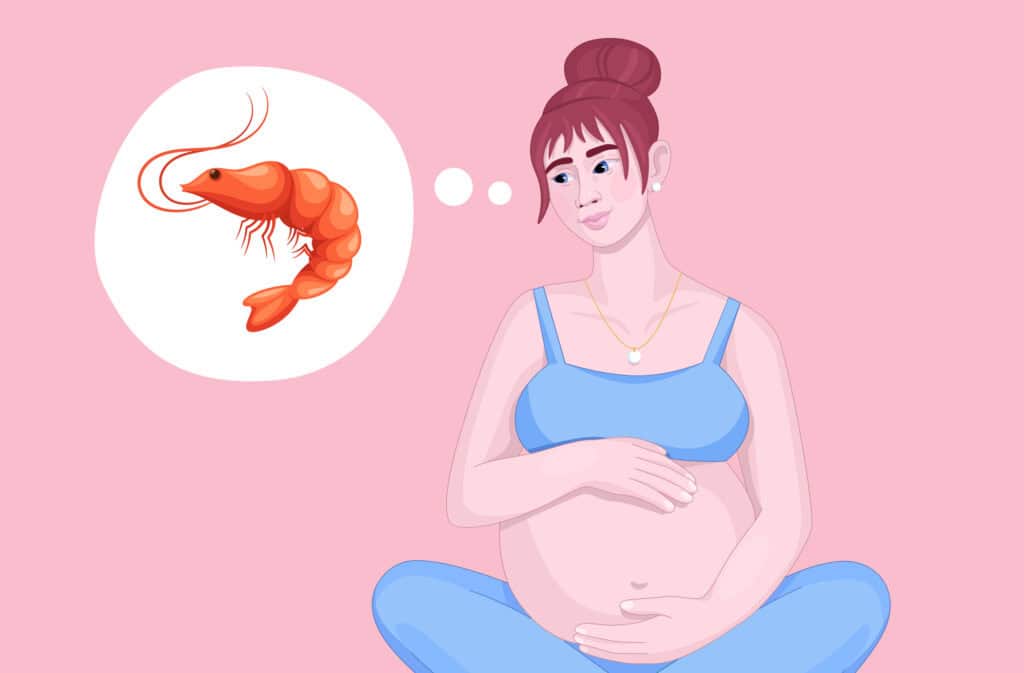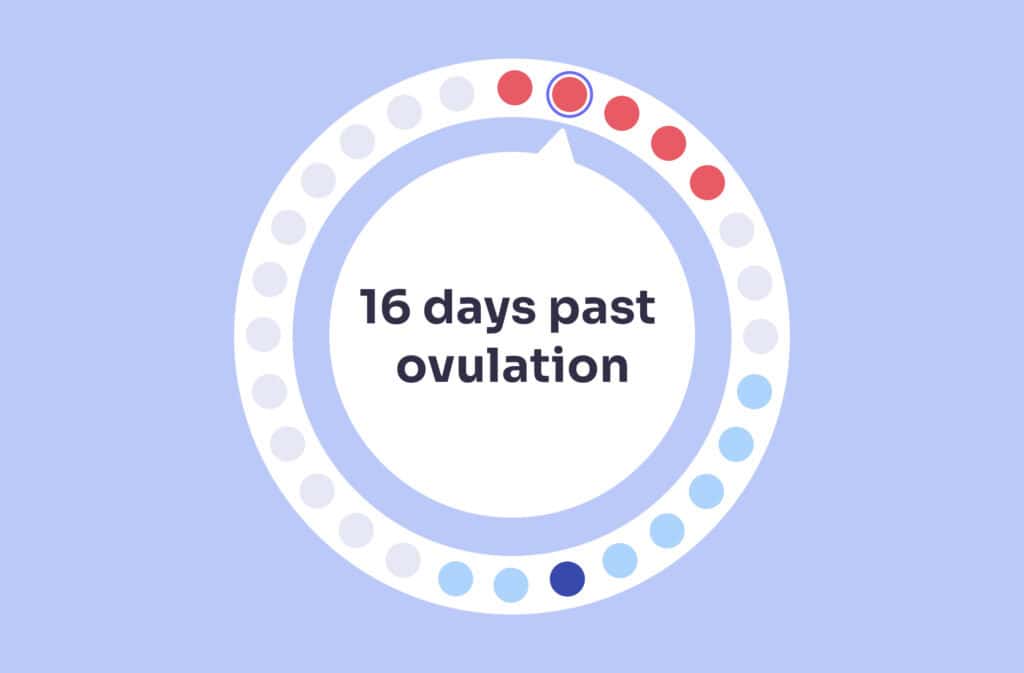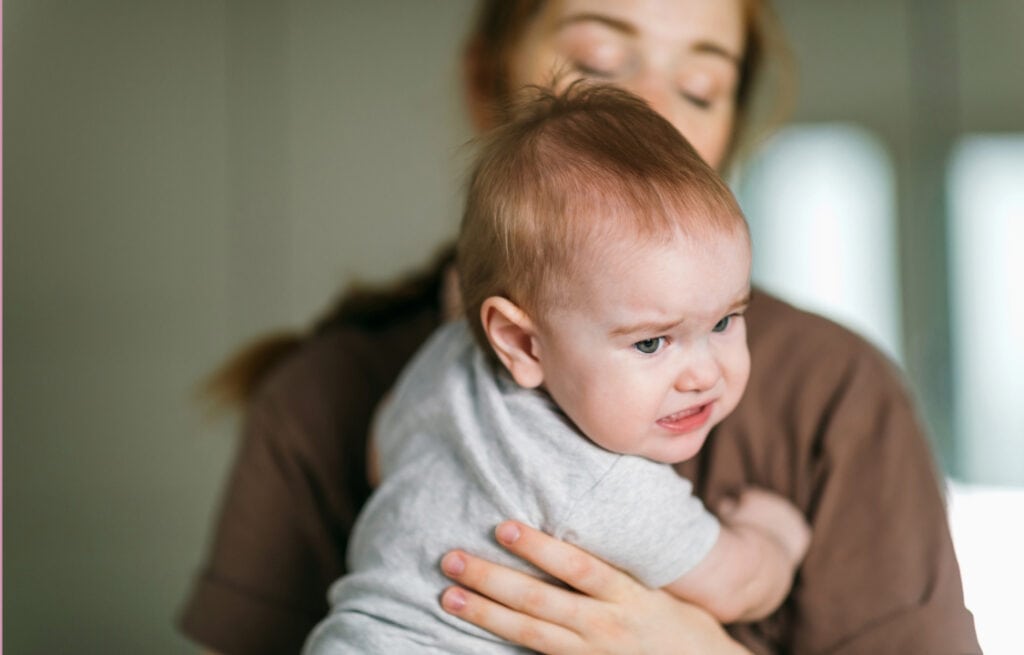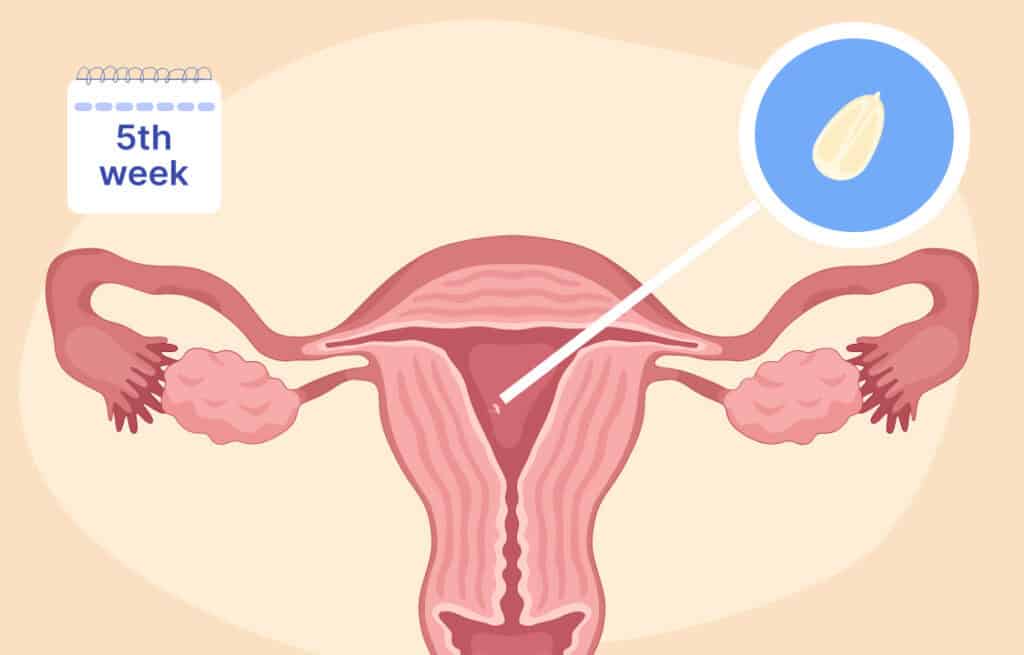Femia > Health Library > Pregnancy > Pregnancy health > Can pregnant women eat shrimp? Safe guidelines for pregnancy
Can pregnant women eat shrimp? Safe guidelines for pregnancy

- Updated Feb 10, 2025
- Published
CRAFTED BY HUMAN
Crafted by human At Femia, we provide accurate and up-to-date information at every stage of your journey, from trying to conceive, pregnancy and postnatal support. All content is created by a real person based on in-depth research and own professional experience. Femia ensures that you will receive expert advice, strict accuracy and a personalized approach from our authors/medical experts. Learn more about our editorial policy.
FACT CHECKED
Fact checked At Femia Health, we maintain the highest standards of editorial excellence in delivering content focused on helping you conceive, guiding you through pregnancy, and supporting you postpartum. Explore our content review principles to learn how we ensure the accuracy and quality of our health and lifestyle tips for every stage of your journey.
Yes, pregnant women can safely eat shrimp if it’s fully cooked and consumed in moderation. Shrimp is low in mercury and provides essential nutrients like protein, iron, and omega-3 fatty acids. However, ensure it’s properly cooked to avoid the risk of foodborne illnesses.
Pregnancy often prompts questions about diet, especially when it comes to seafood. Many women wonder, can pregnant women eat shrimp? The good news is that shrimp is considered safe to eat during pregnancy as long as it’s thoroughly cooked and eaten in moderation.
Shrimp is not only low in mercury but also rich in essential nutrients like protein, iron, and vitamins, which benefit both mother and baby. However, it’s important to understand the safety guidelines for eating shrimp while pregnant to avoid potential health risks.
designed just for you
Personalized meal plans, symptom tracking, and more with the Femia
Is shrimp safe during pregnancy?
Yes, shrimp is generally safe for pregnant women when it’s fully cooked. The Food and Drug Administration (FDA) classifies shrimp as a low-mercury seafood, making it a safer option compared to fish like swordfish and shark, which have higher mercury levels.
Mercury is a neurotoxin that can affect fetal brain development, so consuming low-mercury seafood is crucial during pregnancy. By choosing shrimp, you can safely enjoy seafood while avoiding excessive mercury exposure.
However, to prevent foodborne illnesses such as listeriosis, it’s essential to eat shrimp that’s been cooked to an internal temperature of 145°F (63°C). Avoid raw or undercooked shrimp in dishes like sushi or ceviche, as these can harbor bacteria harmful to you and your baby.
👉Find out more: Top foods to fight nausea during pregnancy: A first trimester survival guide
Can you eat shrimp while pregnant? What to know
Eating shrimp while pregnant is not only safe but also provides several benefits when consumed within recommended limits. Pregnant women are advised to eat 8-12 ounces of low-mercury seafood per week, which equals about two to three servings.
Shrimp fits perfectly into this guideline, and you can safely incorporate it into your diet twice a week. However, it’s important to avoid overconsumption to minimize mercury exposure.
Shrimp provides a variety of nutrients that are important for pregnancy, but balance is key. By sticking to recommended portions, you can safely enjoy shrimp without any concerns.
Can you eat cooked shrimp while pregnant?
Yes, you can safely eat cooked shrimp while pregnant. The key is ensuring that the shrimp is thoroughly cooked until it turns opaque and pink. Undercooked or raw shrimp poses a risk of bacterial infections like Listeria, which can lead to pregnancy complications such as miscarriage or stillbirth.
Here are a few tips for cooking shrimp safely during pregnancy:
- Cook to 145°F (63°C): Use a food thermometer to ensure that shrimp reaches a safe internal temperature.
- Avoid raw shrimp: Stay away from dishes that contain raw shrimp, such as ceviche or sushi.
- Ask at restaurants: When dining out, ask if the shrimp is fully cooked before consuming.
Fully cooked shrimp is a healthy addition to your pregnancy diet, providing important nutrients for both you and your baby.
Nutritional benefits of shrimp during pregnancy
Shrimp is not only safe but also nutritious for pregnant women. It’s packed with beneficial nutrients that support both maternal health and fetal development:
- Protein: Shrimp is an excellent source of lean protein, essential for the baby’s growth and development.
- Omega-3 fatty acids: While shrimp contains lower levels of omega-3s compared to fish like salmon, it still provides these essential fats, which are important for the development of the fetal brain and eyes.
- Iron: Iron is crucial during pregnancy for preventing anemia and supporting increased blood production. Shrimp provides a modest amount of iron.
- Vitamin B12: Shrimp is rich in vitamin B12, which supports the development of the fetal nervous system.
- Iodine: Shrimp contains iodine, a mineral that supports thyroid function, which is essential for both maternal health and the baby’s development.
Incorporating shrimp into your diet can help you meet the nutritional needs of pregnancy while keeping mercury exposure low.
designed just for you
Personalized meal plans, symptom tracking, and more with the Femia
Risks of eating shrimp during pregnancy
While shrimp is generally safe, there are potential risks if it’s not handled or prepared correctly. The most significant risks include:
- Foodborne illnesses: Eating raw or undercooked shrimp can expose you to bacteria like Listeria and Salmonella. These infections can lead to severe pregnancy complications, so it’s crucial to ensure that all shrimp is fully cooked.
- Mercury exposure: Although shrimp is low in mercury, it’s still wise to avoid excessive consumption of seafood. Stick to 8-12 ounces of low-mercury seafood per week.
- Allergic reactions: If you have a known shellfish allergy, you should avoid shrimp entirely during pregnancy, as allergic reactions can be more severe in pregnant women.
👉Find out more: Why am I gaining weight so fast during first trimester of pregnancy?
Questions from the Femia community
Can pregnant women eat shrimp tempura?
Yes, shrimp tempura is safe to eat during pregnancy as long as the shrimp is fully cooked. Tempura involves deep-frying the shrimp, which ensures it’s properly cooked through.
Is it safe to eat frozen shrimp while pregnant?
Yes, frozen shrimp is safe to eat during pregnancy as long as it’s fully cooked. Be sure to thaw the shrimp safely in the refrigerator and cook it to an internal temperature of 145°F (63°C).
Can I eat shrimp alfredo while pregnant?
Yes, as long as the shrimp is fully cooked, shrimp alfredo is safe to eat. Be mindful of the sauce, as it may contain high levels of fat and sodium, which should be consumed in moderation during pregnancy.
Can I eat shrimp scampi while pregnant?
Shrimp scampi is safe to eat during pregnancy if the shrimp is fully cooked. Just ensure the dish is made with properly cooked shrimp and avoid any raw ingredients.
The bottom line
Shrimp is a safe and nutritious choice for pregnant women when eaten in moderation and fully cooked. It’s low in mercury and provides essential nutrients like protein, omega-3s, and vitamin B12, all of which support a healthy pregnancy. By following guidelines for safe consumption, you can enjoy shrimp without compromising your health or your baby’s well-being.
References
- U.S. Food and Drug Administration. “Eating Fish: What Pregnant Women and Parents Should Know.” FDA, 17 Dec. 2020, https://www.fda.gov/food/consumers/eating-fish-what-pregnant-women-and-parents-should-know.
- Mayo Clinic. “Pregnancy Nutrition: Healthy-Eating Basics.” Mayo Clinic, 12 June 2023, https://www.mayoclinic.org/healthy-lifestyle/pregnancy-week-by-week/in-depth/pregnancy-nutrition/art-20045082.

Learn about symptoms at 16 days past ovulation (16 DPO) and how to accurately test for pregnancy if your period is missed. Discover what happened in your body. Expert advice from Femia.

Why won’t my 7-month-old sleep? Click to learn what a 7-month sleep regression is, what causes it, what the signs are, and how to help your baby sleep better.

At 5 weeks pregnant, symptoms may intensify as your baby grows rapidly. Learn about early signs, baby size, and how to support your health.

